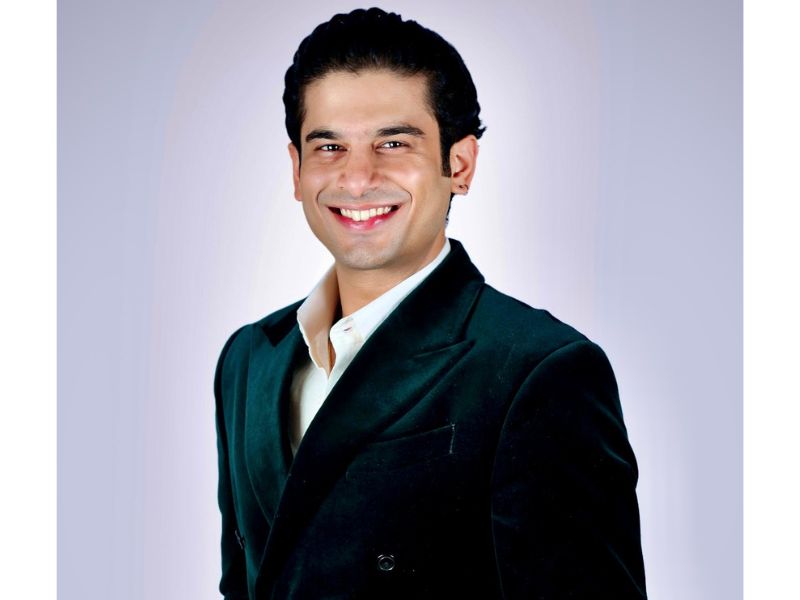No products in the cart.
Why Character can’t be outsourced
Siddharth Anand, Founder and CEO, Tertiary Education Advisors
In today’s fast-paced world, we’ve become adept at outsourcing almost every aspect of our children’s development. Tutors are hired for mathematics, coding bootcamps are sought after to future-proof their skills, and sports academies are chosen to instil discipline and grit. We can delegate almost any task — except the one that matters most: building character.
You cannot hire someone to teach your child integrity. There is no app that can instil empathy. Resilience doesn’t emerge from a weekend workshop. These are not just skills; they are values — not taught, but lived. True development doesn’t begin in a classroom or on a sports field. It begins at home.
The first mirror
Long before children become students or athletes, they are observers. Their first and most enduring mirror is their parents. Children learn what it means to be human not from our lectures, but from our daily actions. They notice how we handle a frustrating phone call, how we treat a waiter, and whether we take responsibility for our mistakes. They do not follow our advice; they follow our example.
This process mirrors Bayes’ theorem — a principle that describes how beliefs are updated with new evidence. Think of a child’s mind as a dynamic learning system. Their earliest experiences at home form their “prior belief” — a foundational understanding of how the world operates. If that foundation is grounded in honesty, kindness, and accountability, then these values become their default lens through which they view life.
As they encounter new experiences — school, friendships, adversity — they interpret them in light of these early lessons. A child raised on a strong moral foundation is more likely to view life’s challenges as exceptions, not norms. They are not merely learning what to do — they are learning who to be.
The myth of the perfect parent and the comfort of ‘stuff’
Let’s be honest — parenting is daunting, and few of us feel entirely prepared. In the face of this uncertainty, we often lean on what we can control: material provision. We substitute presence with presents, making up for absence through expensive holidays, the latest gadgets, or trendsetting wardrobes.
Yet these are hollow comforts. When a child is in the middle of a tough match, feeling the sting of defeat, they are not thinking about the car that will take them home. They are scanning the crowd for a familiar face. They are searching for their parent’s eyes, hoping for that unspoken reassurance that says, “I see you. It’s okay. I’m here.”
That look from the sidelines is where confidence is built. That quiet car ride home after a loss is where resilience begins. Presence — real, engaged presence — is the soil in which a child’s character takes root.
Redefining strength in parenting
In our effort to be “modern” parents, we sometimes confuse freedom with indifference. We hear phrases like, “Give them space,” or “Let them find their own path,” and mistake stepping back for progress. While it is crucial to move away from the rigid, overbearing parenting styles of the past, guidance should never be mistaken for control — it is, in truth, about connection.
A parent who avoids setting boundaries, correcting poor behaviour, or offering a moral compass is not progressive — they are simply absent. The strongest parents are not those who never stumble, but those who are willing to admit when they are wrong. Those who can say, “I made a mistake. I’m sorry.” By doing so, they teach their children that growth comes not from being perfect, but from being open to learning.
This is how a child becomes coachable — not only in sport but in life.
The vessel must be strong
To expect a school, a coach, or a system to build your child’s character is akin to pouring water into a cracked vessel. It simply will not hold. The strength of that vessel — the child’s sense of self and values — must be forged at home, sealed by love, consistency, and the lived example of integrity.
Parenting is not just a duty; it is a profound opportunity. It is our chance to shape the future — not through grand gestures, but through quiet, everyday moments of connection. It is in these moments that real development begins. It is here that love finds its deepest purpose. And it is here that we raise children who are not just successful, but whole.
Also Read: AI is opening tech careers to everyone















Add comment